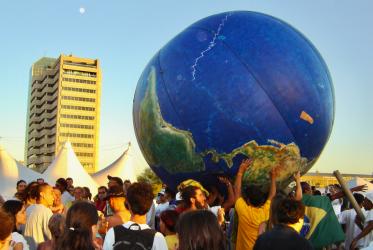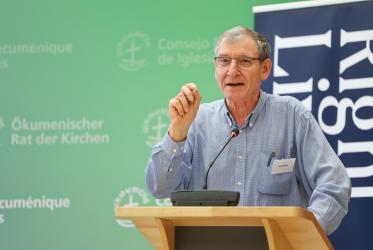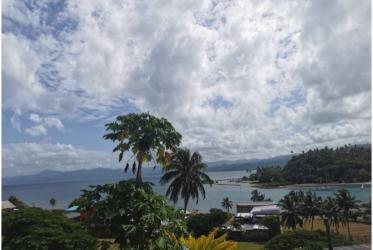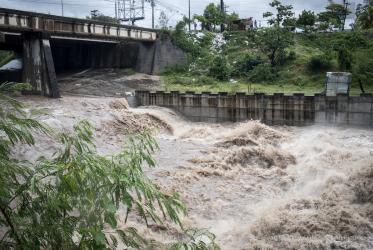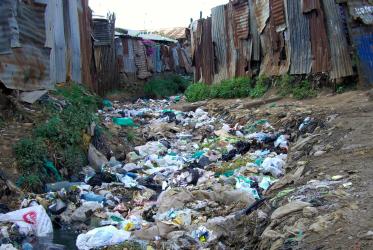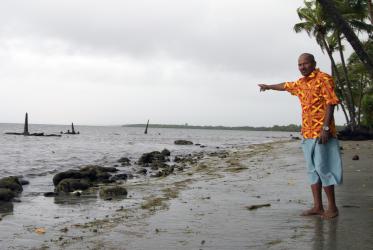Displaying 1 - 20 of 50
09 February 2024
Climate crisis fuels existing water injustice
27 October 2021
Global webinar will discuss environment, agriculture and water
03 December 2020
On World Toilet Day, sanitation is “an issue of justice”
16 November 2020
Applications open for WCC Eco-School
22 October 2020
Churches should use their voice on climate change
26 February 2020
New WCC “Eco Ambassadors” pledge to protect our ecology
06 January 2020
Eco-School promotes blue communities, green churches
19 November 2019

